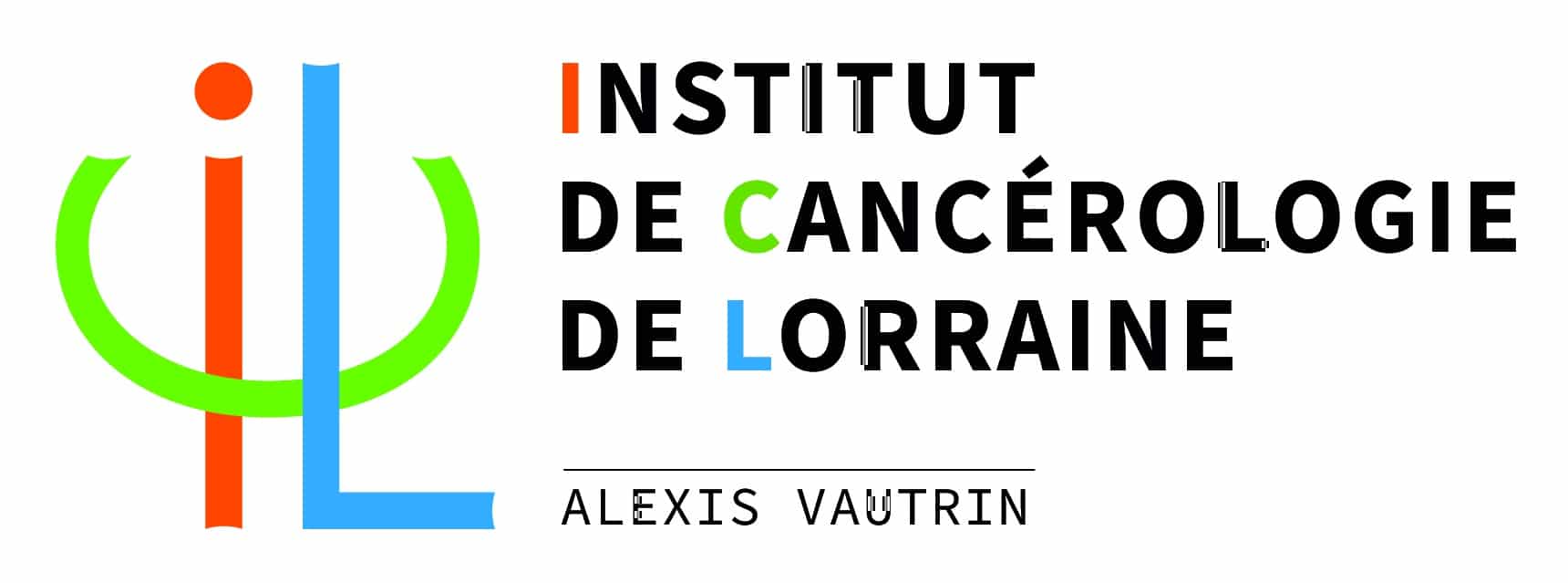- Big Data
- Recherche
- Entrepôt de données de santé
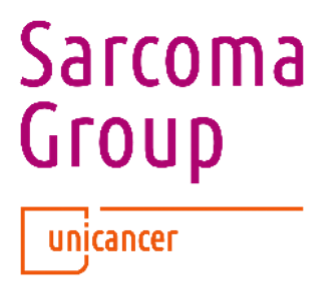
Unicancer Sarcoma Group
Nous contacter
Description
PROMOTING AND DEVELOPING INNOVATIVE AND STRATEGIC CLINICAL RESEARCH TO IMPROVE THE TREATMENT OF PATIENTS WITH BONE AND SOFT TISSUE SARCOMAS.
The Unicancer Sarcoma Group, a member of the INTERSARC cooperative intergroup, accredited by the INCa in 2013, was set up in 1999 on the basis of strong links with the GSF-GETO (French Sarcoma Group and Bone Tumour Study Group) and the SFCE (French Society for the Fight against Childhood and Adolescent Cancer and Leukaemia).
Since 1999, 13 studies have been initiated and conducted by the Unicancer Sarcoma Group, allowing the inclusion of more than 2000 patients. The most recent projects include translational research aimed at providing a better understanding and knowledge of biological mechanisms, as well as the characterisation of biomarkers potentially predictive of response to treatment.
The intergroup collaborates with health institutions in France and abroad.
The Unicancer Sarcoma Group develops innovative and high quality clinical and translational research to improve the diagnosis, management, prognosis and quality of life of children and adults with sarcomas. In addition, the Group engages a significant part of its efforts on pooling and harmonizing already existing databases for the promotion of data sharing which is of paramount importance in rare diseases
For many years, Unicancer has benefited from the support of the Ligue contre le Cancer to carry out this numerous research in sarcoma and in particular in paediatric sarcoma.
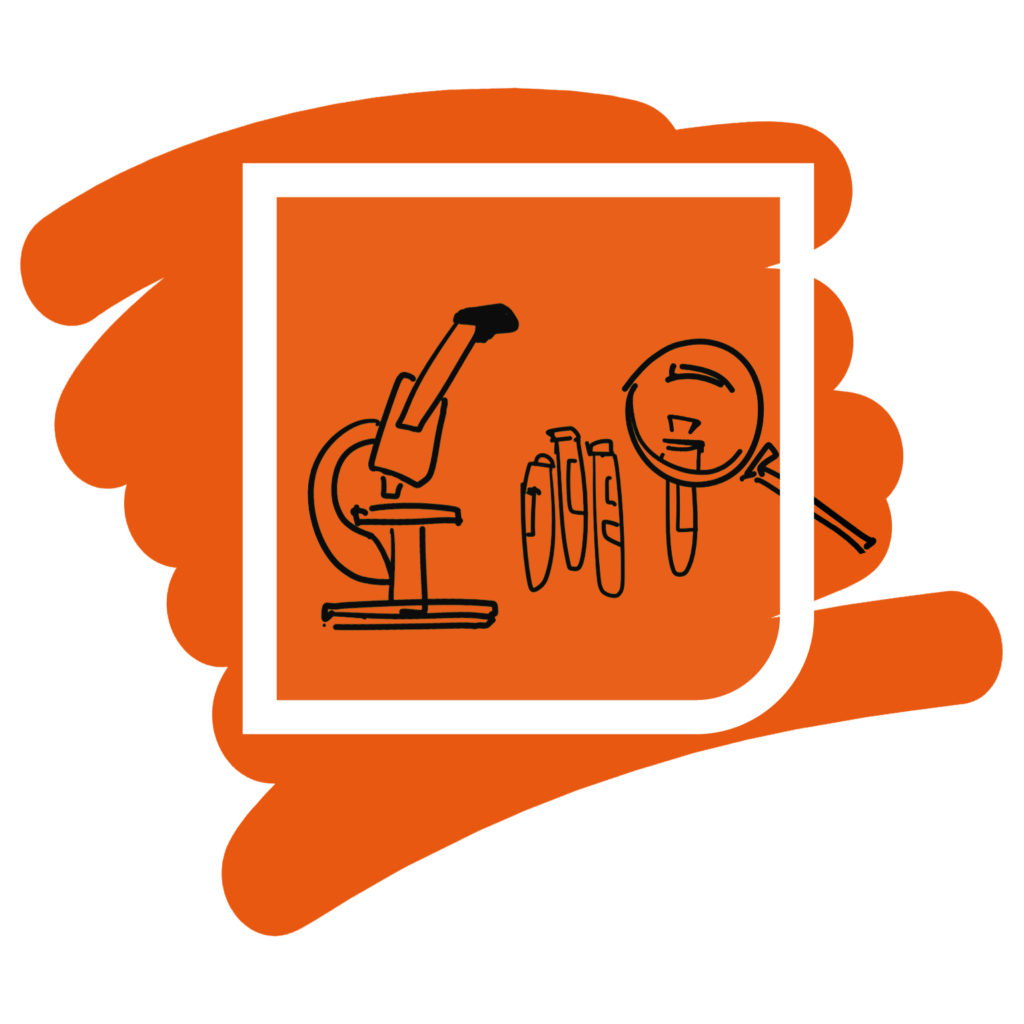
2 studies in the pipeline
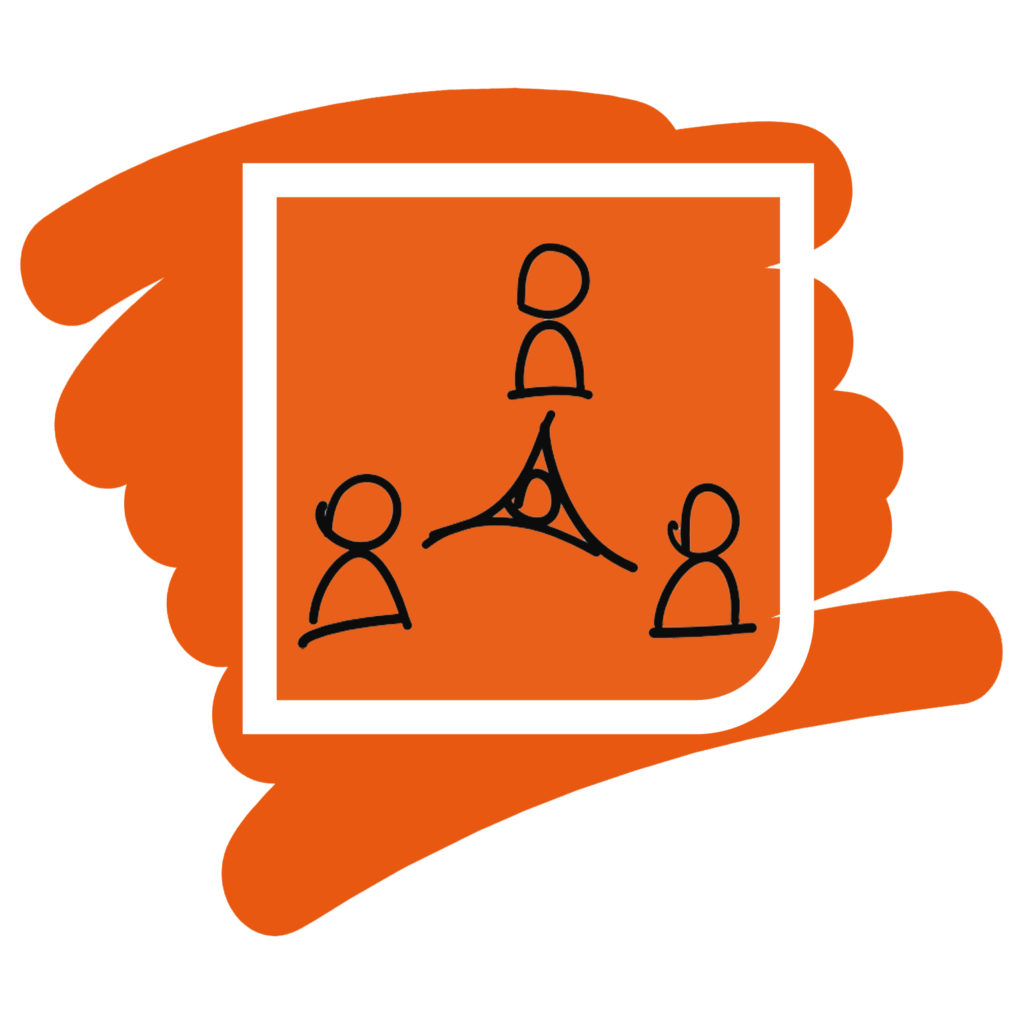
5 projects of data pooling/sharing
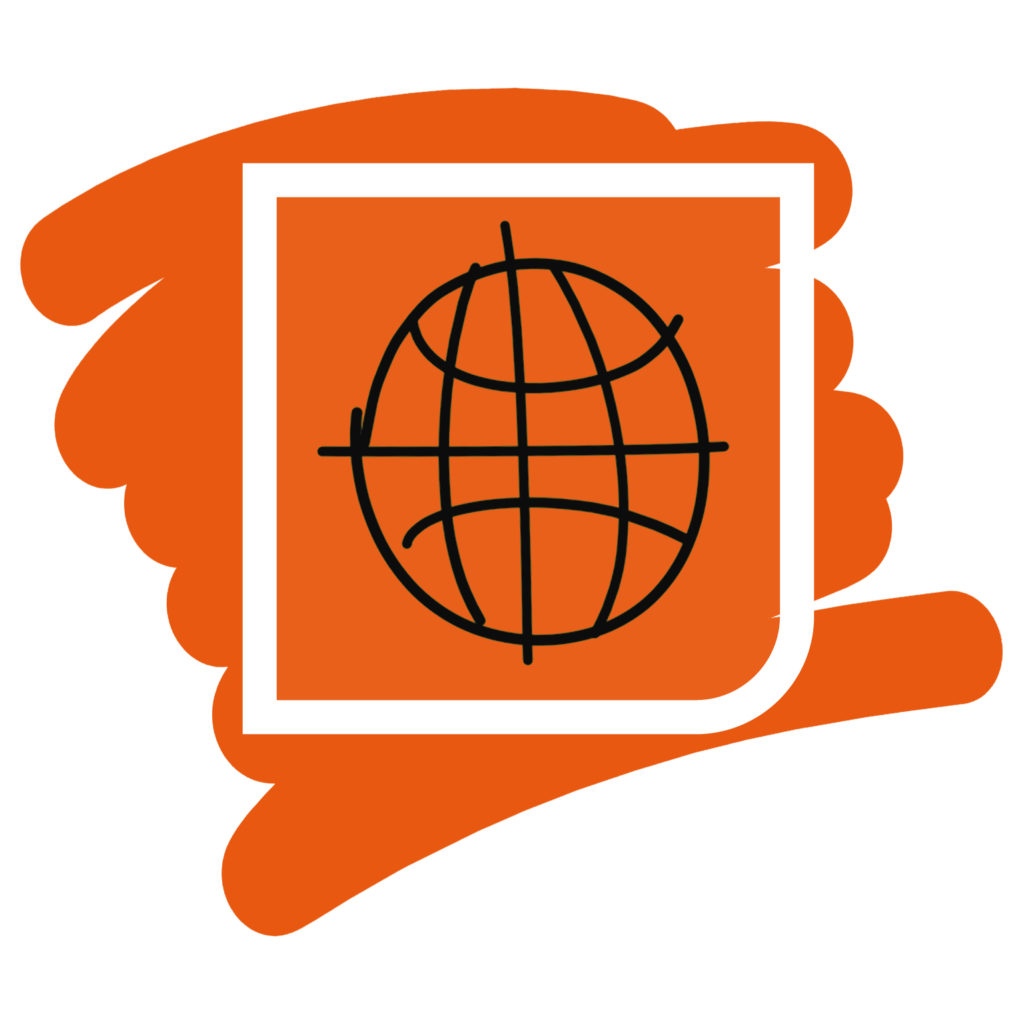
A network of more than 50 investigational centres in adult and paediatric oncology
National and International collaborations:
- INCa: Institut National du Cancer
- GSF-GETO : Groupe sarcome français et Groupe d’étude des tumeurs osseuses
- Go-AJA : Groupe d’onco-hématologie de l’adolescent et du jeune adulte
- SFCE : Société Française de la lutte contre les Cancers et les leucémies de l’Enfant et de l’adolescent
- GROUPOS : Comité os du GSF-GETO
- INTERSARC : Intergroupe coopérateur Sarcome
- EORTC : European Organisation for Research and Treatment of Cancer
- EuroEwing Consortium
- University of Chicago, USA (Pediatric Cancer Data Commons program)
- Associations de patients Info Sarcome, SOS Desmoïde
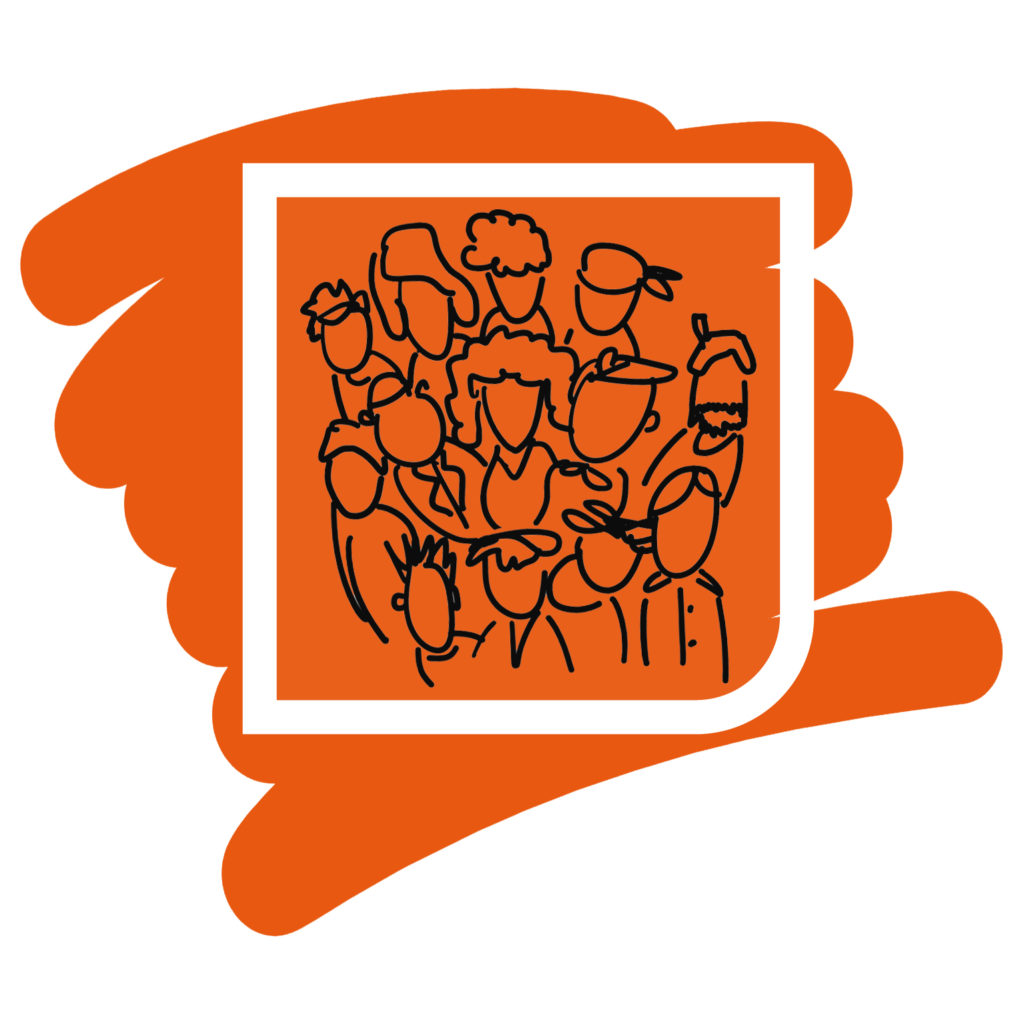
More than 2000 patients included
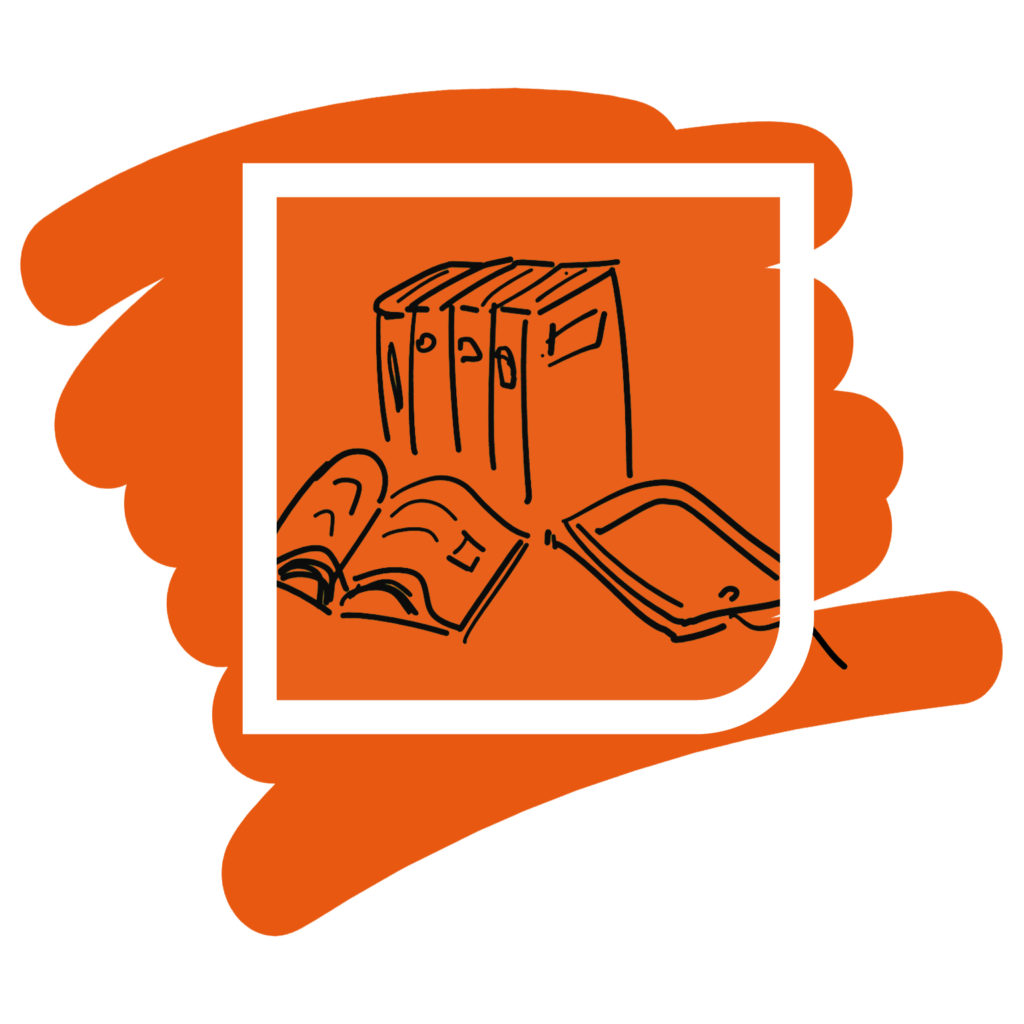
6 scientific publications in 2022-2024
Gouvernance of the InterSarc
INTERSARC is composed of 8 cooperative groups. A scientific committee has been establishing, with 8 members of the intergroup, each of the representative of a cooperative group: S Bonvalot, O Collard, N Gaspar, F Gouin, D Lacroix, E Lecointe, Al Martin, P Meeus. Coordination is ensured by Pr.Jean Yves Blay.
INTERSARC members meet three-monthly.
According to the functional charter, a process has been developed in INTERSARC to validate new project/trial: the project leader completes and submits to the coordinator a standardized synopsis of the project. The project is then discussed within the INTERSARC Scientific Committee for decision making.
Define the strategy of the Intergroup
- Propose and build prospective clinical trials & surveys or retrospective studies
- Validate the scientific value of the studies
- Promote data sharing by optimizing existing databases in France and joining international data collection initiatives
- Collaborate with international cooperative groups
- Conduct national and international clinical studies on Sarcomas.
Unicancer brings to InterSarc its expertise in the conduct of complex, national or international clinical trials, which can associate complex designs to the collection of serial biological samples. Unicancer Sarcoma Group takes advantage of the existing infrastructure consisting in highly experienced operational staff, a central data base and a central biobank.
Chairperson of the Unicancer Sarcoma Group
The Unicancer Sarcoma Group is led by 2 coordinators:
- Coordinator for the adult population: Pr Jean-Yves Blay, Centre Léon Bérard, Lyon
- Coordinator for the paediatric population: Dr Nathalie Gaspar, Gustave Roussy, Villejuif.
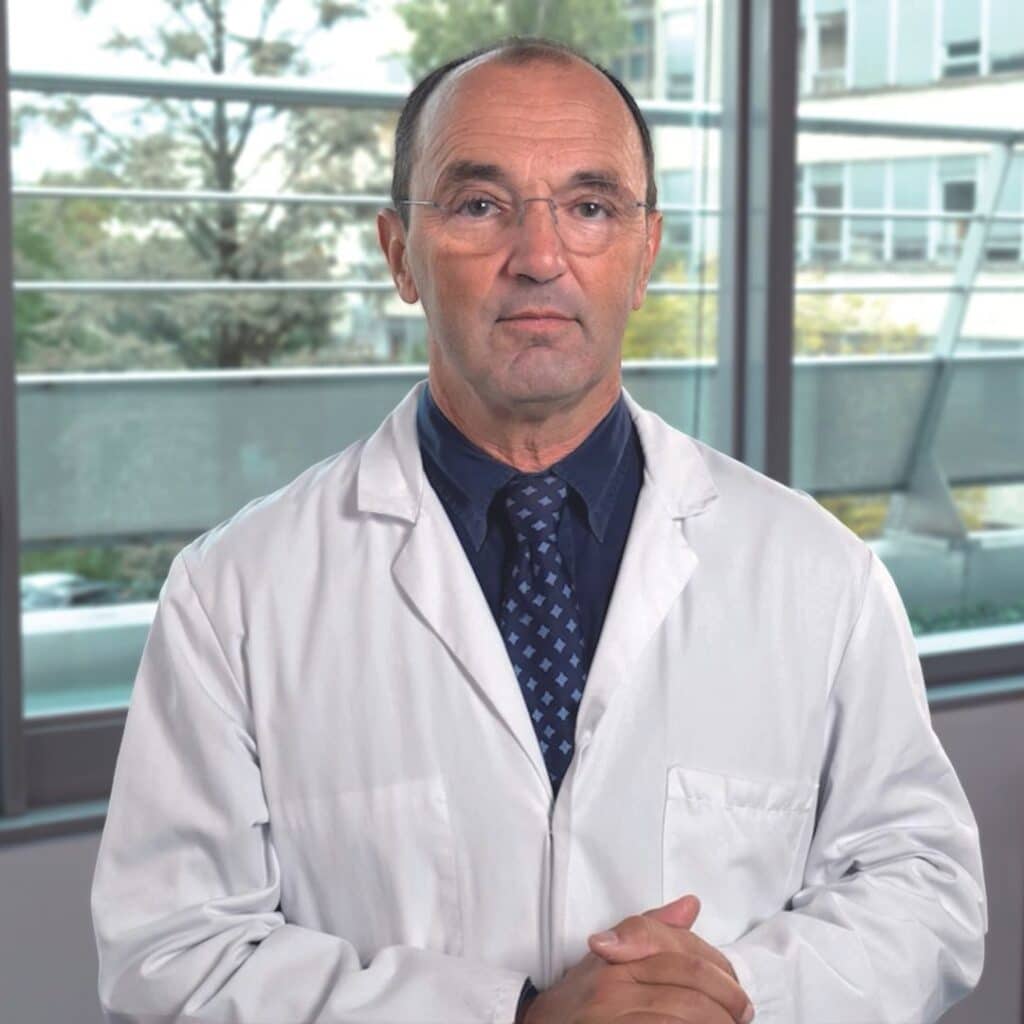
Pr Jean-Yves BLAY, Coordinator for the adult population in the Sarcoma Group, Director General of the Centre Leon Bérard, President of Unicancer
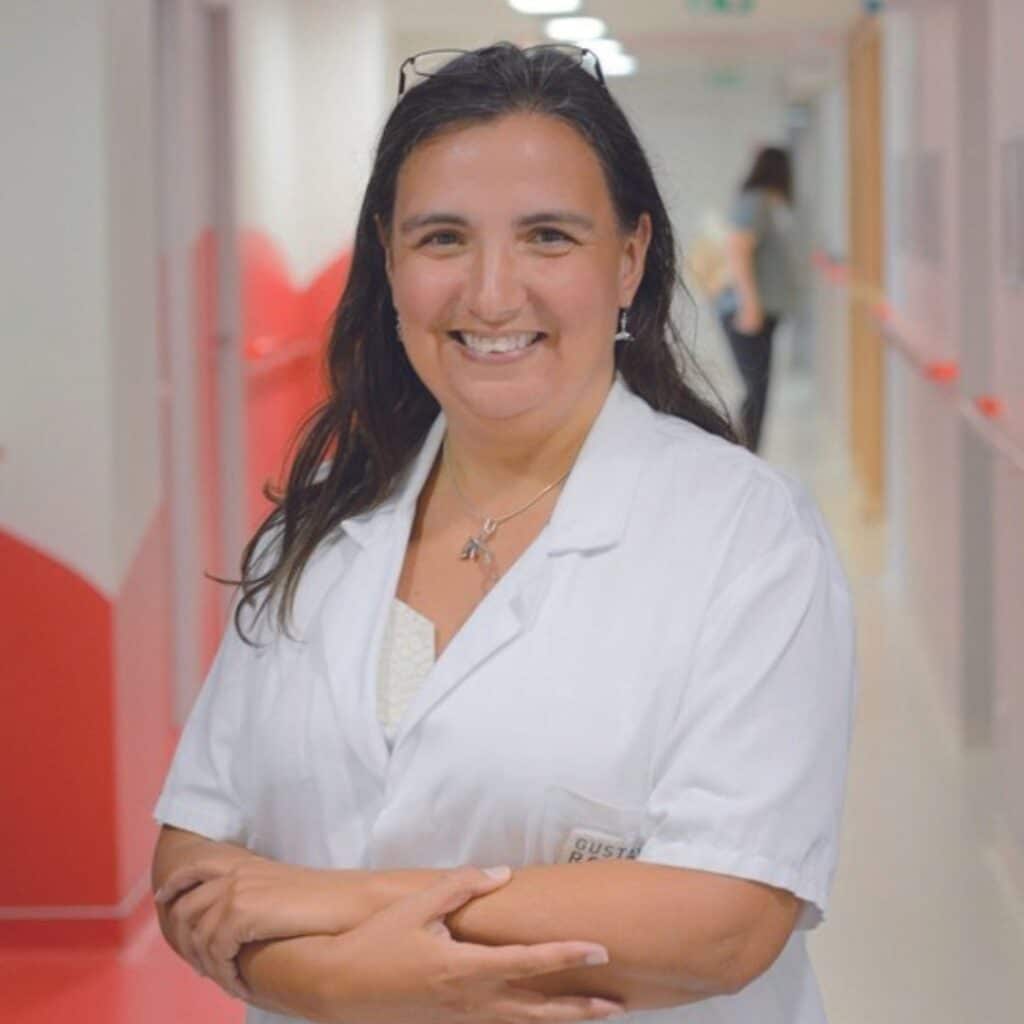
Dr Nathalie GASPAR, Coordinator for the pediatric population in the Sarcoma Group, senior pediatric oncologist in the Department of Pediatric and Adolescent Oncology at Gustave Roussy
Flagship projects
SARCOME 14 – Boost Datas
Boost Datas is a national database aiming at pooling, structuring and sharing clinical, biological, imaging and transcriptomic/genomic data issued from terminated of currently on going national trials on osteosarcoma at diagnosis (OS2006, Sarcome13, MICCHADO) and relapse (OSII-TTP, MAPPYACTS, Regobone). The objective is to determine sub-classes of osteosarcomas underlined by different genetic clones and microenvironment interactions, by integrated innovative techniques for analysis. Final aim is to propose adapted follow-up and specific treatments for each osteosarcoma sub-classes.
SARCOME 15 – L-UTECIN
Uterine leiomyosarcoma (uLMS) is a rare tumor, but it is the most frequent subtype of all uterine sarcomas. Although the majority of women (70-75%) have disease limited to the uterus at diagnosis, patients are at substantial risk of relapse. Adjuvant chemotherapy in uLMS is still not standard and FIGO stage is the most important prognostic factor and the only one guiding the therapeutic strategy. However, the CINSARC NanoCind® signature has been reported as a powerful prognosticator test which efficiently separates a group at high-risk of relapse from a group of Low-risk. Consequently, the question of adding adjuvant chemotherapy to conventional treatment is relevant for patients with High-Risk.
This is the objective of the L-UTECIN study which aims to demonstrate whether adding 4 cycles of post-operative chemotherapy of Doxorubicin+Trabectedin improves 3-year relapse-free survival as compared with standard management (observation) in patients with resected FIGO stage I uLMS, considered as High-Risk of relapse according to CINSARC NanoCind® signature.
SARCOME16- INTER-EWING 01
Coordinated by the University of Birmingham, the Inter-Ewing 01 study aims to improve the survival of patients newly diagnosed with Ewing sarcoma. This international study involves twelve countries and almost 900 patients, including 225 in France, are expected to take part. The study is doubly complex, due to the number of countries involved, the variety of treatment pathway options and the predominantly paediatric population concerned. The programme will compare several treatment stratégies, including innovative molecules for induction treatment, maintenance chemotherapy and radiotherapy in modalities yet to be evaluated. The Sarcoma group, with its organisation and experience of this type of project, is one of the pillars of this major and eagerly-awaited study.
How to propose a research project ?
According to the functional charter, a process has been developed in INTERSARC to validate new project/trial: the project leader completes and submits to the coordinator a standardized synopsis of the project. The project is then discussed within the INTERSARC Scientific Committee for decision-making.
Anyone specialised in sarcoma can propose a study.
The criteria for having a project developped under the label of InterSarc are as follows:
- Adequacy of the inclusion criteria to each population : the aim is to promote the inclusion of pediatric patients and adolescent and Young adults in every INTERSARC trial.
- Patient involvement: opinions and recommendations of INTERSARC patients’ committees are required and considered for the development of all new trials.
- Biological/translational comprehensive objectives : this is a fundamental criteria for InterSarc who promotes an integrated research for the development of knowledge and the identification of predictive and prognostic biomarkers for treatment response and resistance.
- The medical, technical and financial feasibility
Program Lead


